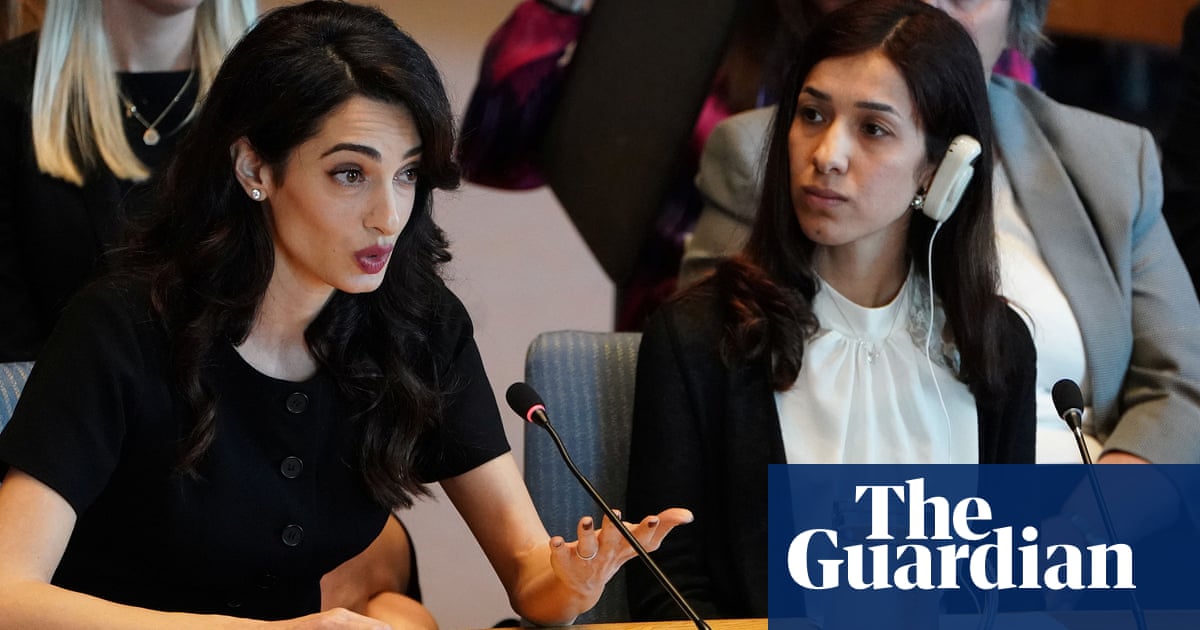
TER APEL, Netherlands: Teenager Munasar Muhidin says he fled Somalia in 2020 after militants killed most of his family and that his brother died trying to get to Europe. He hoped he had finally found a place of refuge in the Netherlands.
But when he reached the country’s main reception center for asylum seekers in the northern town of Ter Apel he found hundreds ahead of him in the queue and was forced to camp by the roadside, where he said fights broke out and thunderstorms soaked his bedding.
The Dutch Council for Refugees says Muhidin’s story and many similar ones have prompted it to sue the state over what it calls the “inhumane” treatment of newcomers.
“At a refugee camp in a conflict zone there is no other choice,” council spokesman Martijn Van der Linden said.
“In the Netherlands, we don’t have a refugee crisis. There is a political crisis that has resulted in people in Ter Apel sleeping outside.”
Hundreds are being forced to sleep on the muddy ground there, and the council says conditions at dozens of other centers for asylum seekers, while often better, still did not meet the most basic requirements.
“I have no family left,” said 18-year-old Muhidin, who described fleeing the El Dher district of Somalia after attacks by Al-Shabab militants nearly two years ago.
“They killed my mother, father and older brother.”
Weeping, he said he escaped with his only remaining brother, Abdallah, who drowned trying to cross by boat from Turkey to Greece. “He was my last dream.”
Others in Ter Apel on Wednesday evening spoke of fleeing violence or repression in Syria, Iran and Turkey.
They also said they had been unable to get access to safe shelter due to the long queues.
Van der Linden said the Netherlands was not an inhumane country, “but our government has failed these past years.”
Funding cuts and personnel shortages in the Dutch asylum and refugee system had created conditions “that are inhumane and also violate European guidelines for refugees.”
The council, whose case is due to be heard on Sept. 15, is demanding improved conditions by Oct. 1, including access to clean water, showers, privacy, adequate food and healthcare.
A spokesperson at the government’s Central Agency for the Reception of Asylum Seekers, which oversees the shelters, said the system was being overwhelmed by arrivals.












